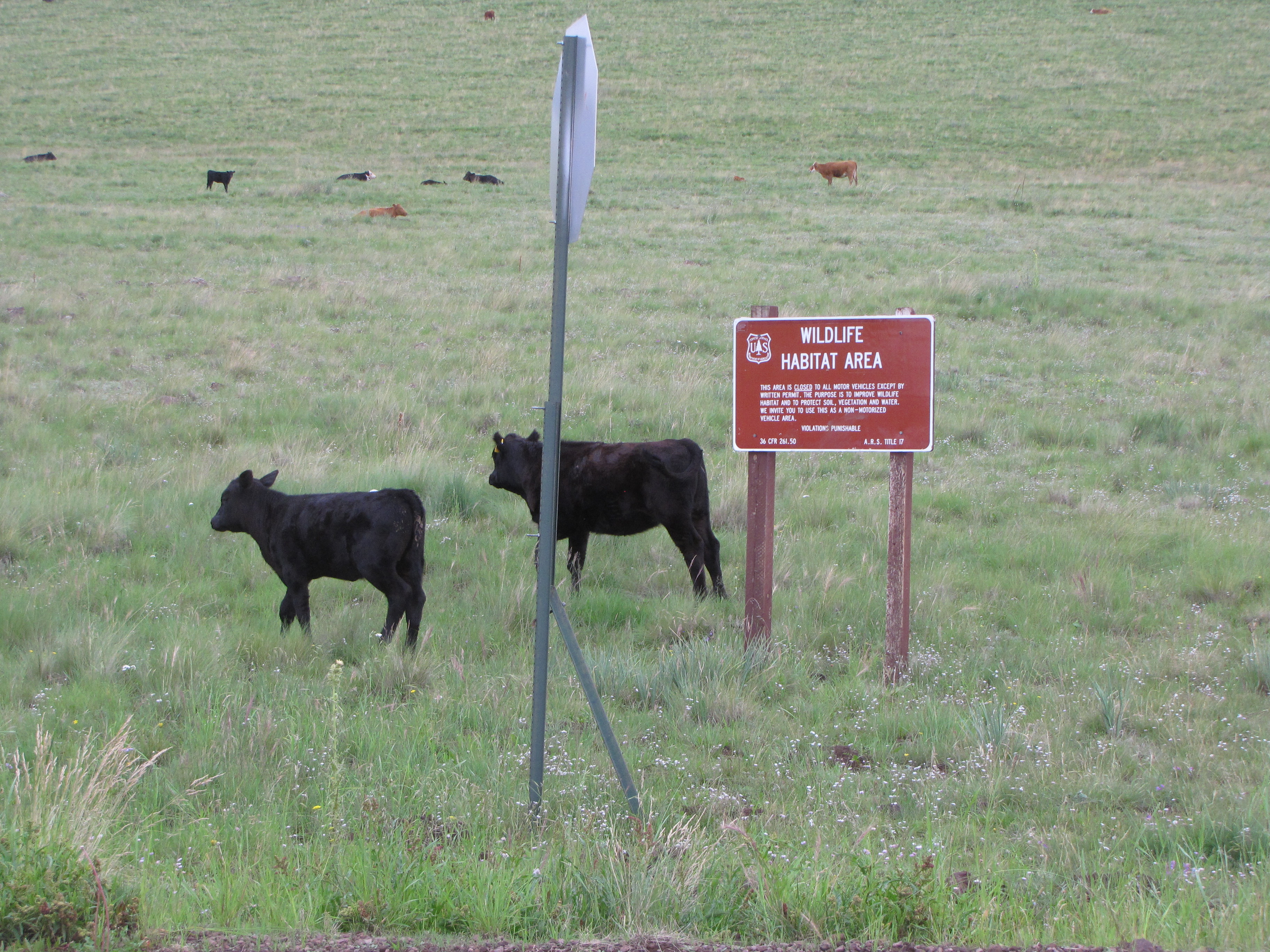01
Dec
In The News: Rural Economic Vitalization Act (REVA) Introduced in Congress

Conservationists hailed the introduction of the Rural Economic Vitalization Act (H.R. 3432) in Congress, a bill that would allow federal grazing permittees to voluntarily relinquish their grazing permits back to the managing federal agency in exchange for compensation paid by a third party. The bill was introduced by Representative Adam Smith (D-WA-9th) and six original cosponsors.
“When enacted, this legislation will help resolve endless conflict on public lands, while providing ranchers with opportunities to restructure their operations, start new businesses, or retire with security,” said Mike Hudak, author of Western Turf Wars: The Politics of Public Lands Ranching and leader of the Sierra Club Grazing Team.
Domestic livestock grazing is the most pervasive and damaging use of federal public lands. On public land across the West, millions of non-native livestock remove and trample vegetation, damage soil, spread invasive weeds, despoil water, deprive native wildlife of forage and shelter, accelerate desertification and even contribute to global warming.
Unfortunately, antiquated federal law generally prohibits closing grazing allotments to benefit fish, wildlife and watersheds. The Rural Economic Vitalization Act would authorize federal agencies to permanently retire grazing permits if requested by ranchers.
“Grazing permit retirement has been implemented in a few places around the West with marked success, but there is much greater need—and demand from ranchers—to retire grazing permits,” said Mark Salvo of WildEarth Guardians.
One landscape that has benefited from grazing permit retirement is the Greater Yellowstone Ecosystem where grazing allotments have been closed to reduce conflicts with wolves, grizzly bears and bighorn sheep, and to expand winter range for bison outside Yellowstone National Park. Yellowstone bison, the last remaining genetically pure wild herd in the U.S., are subject to intensive management and control based on the irrational fear that they will transmit disease
to domestic livestock.
“Bison are hazed, captured, shot and slaughtered to protect grazing interests on public land in Yellowstone country,” said Josh Osher of the Buffalo Field Campaign. “REVA is the tool we need to finally, permanently address these conflicts.”
Whether it be bison, sage-grouse, big game, wolves, fish, wild horses, clean water, or any number of additional environmental values which prompt conflict in the west, REVA opens up a new opportunity for stakeholders to come together and utilize an innovative, free-market tool to resolve natural resource conflicts.
In addition to being the source of immeasurable environmental harm, the federal grazing program is a fiscal boondoggle for federal taxpayers. The Government Accountability Office reported that the Bureau of Land Management and Forest Service annually spend $132.5 million on grazing management, but collect only $17.5 million in grazing fees for a net loss to taxpayers of $115 million.
“The Bureau of Land Management and the Forest service run an annual deficit administering grazing permits and managing private cattle grazing operations. My bill eliminates wasteful spending, gives ranchers the choice to retire permits, allows public lands to recover natural habitats and fosters the return of native plants and wildlife,” said U.S. Representative Adam Smith (WA-09).
“¦
Grazing permit retirement is a voluntary, non-regulatory, market-based solution to public lands grazing conflicts. Permittees determine if and when they want to retire their grazing permits. Permittees and third parties separately agree how much a permittee will be paid for relinquishing their permit. And federal agencies facilitate the transaction by immediately retiring grazing permits received from a permittee. The Rural Economic Vitalization Act caps the total number of grazing permits that may be retired each year at 100.
“¦
####
To read the full article and post a comment, click here.
This is a perfect opportunity to be pro-active! Contact you House Representative and ask them to
support and/or co-sponsor the Rural Economic Vitalization Act (REVA) – H.R. 3432.
https://www.govtrack.us/congress/members.
https://www.govtrack.us/congress/members.
You can also send a message through the Sierra Club’s website here.
Follow the progress of this bill on Facebook
or at the Library of Congress — Thomas
Photo courtesy of Jean Ossorio.



